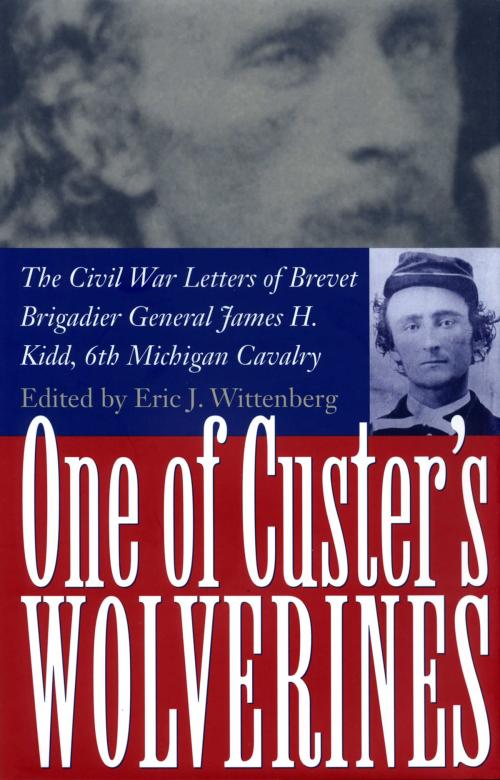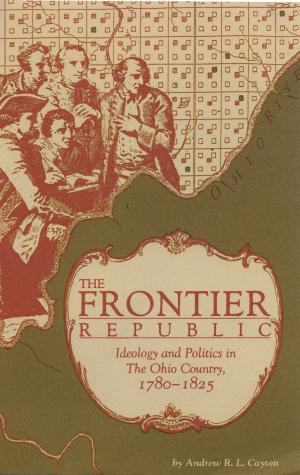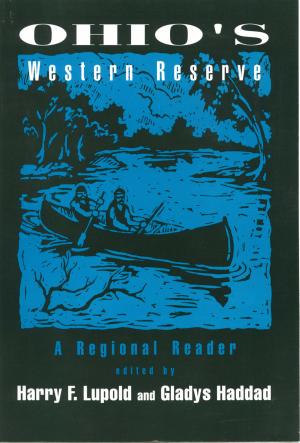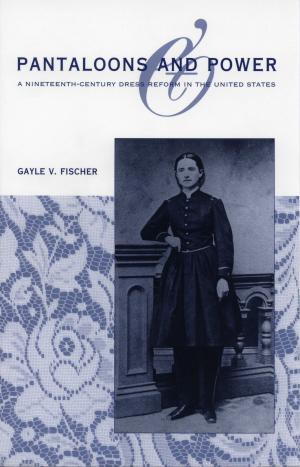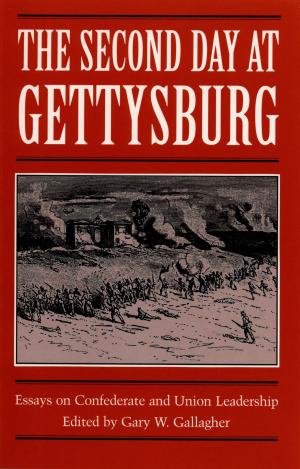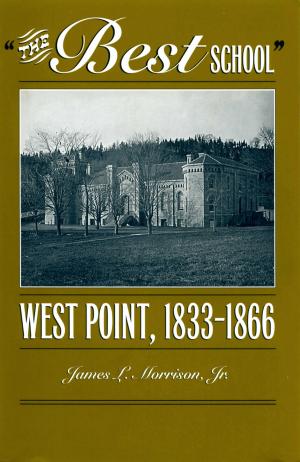One of Custer's Wolverines
The Civil War Letters of Brevet Brigadier General James H. Kidd, 6th Michigan Cavalry
Nonfiction, History, Americas, United States, Civil War Period (1850-1877)| Author: | ISBN: | 9781612772547 | |
| Publisher: | The Kent State University Press | Publication: | November 4, 2013 |
| Imprint: | The Kent State University Press | Language: | English |
| Author: | |
| ISBN: | 9781612772547 |
| Publisher: | The Kent State University Press |
| Publication: | November 4, 2013 |
| Imprint: | The Kent State University Press |
| Language: | English |
Primarily known for his postwar exploits, most famously his 1876 defeat at Little Big Horn, George Armstrong Custer is receiving renewed interest for his successful Civil War generalship. He led the Michigan Cavalry Brigade in more than sixty battles and skirmishes. Forming perhaps the finest single cavalry brigade in the war, these horse soldiers repeatedly proved themselves as formidable opponents to the Confederates, earning them the nickname of “Custer’s Wolverines.”
Among the Wolverines was James Harvey Kidd, who serves as an excellent example of the sort of man who followed Custer’s lead. A newspaperman by training, Kidd wrote long, eloquent letters to his friends and family in which he detailed the conditions and experiences of life in the field.
These unusually articulate letters, rich with insights, perceptions, and observations, tell a moving story of wartime service.
Primarily known for his postwar exploits, most famously his 1876 defeat at Little Big Horn, George Armstrong Custer is receiving renewed interest for his successful Civil War generalship. He led the Michigan Cavalry Brigade in more than sixty battles and skirmishes. Forming perhaps the finest single cavalry brigade in the war, these horse soldiers repeatedly proved themselves as formidable opponents to the Confederates, earning them the nickname of “Custer’s Wolverines.”
Among the Wolverines was James Harvey Kidd, who serves as an excellent example of the sort of man who followed Custer’s lead. A newspaperman by training, Kidd wrote long, eloquent letters to his friends and family in which he detailed the conditions and experiences of life in the field.
These unusually articulate letters, rich with insights, perceptions, and observations, tell a moving story of wartime service.
